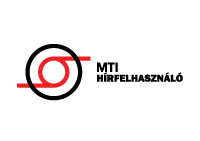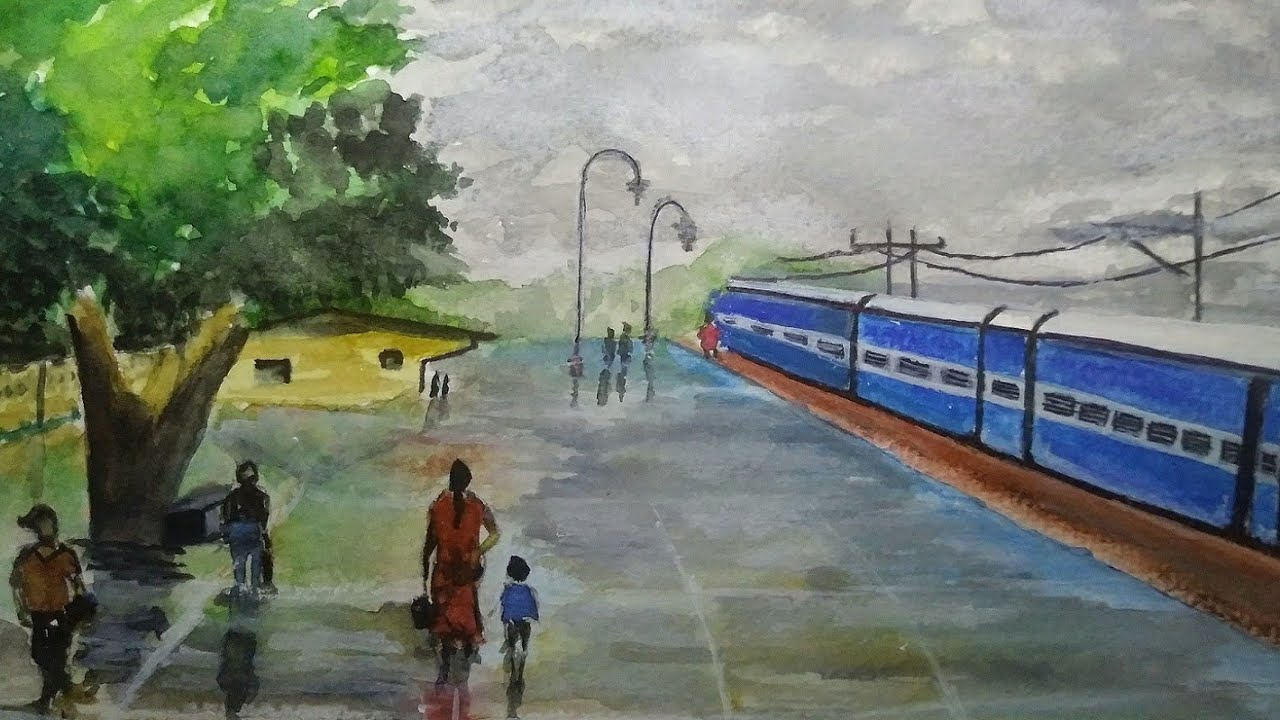Competitiveness Program - Modern infrastructure and energy efficiency
It considers the creation of conditions for faster rail transport, road advanced, telecommunications and power supply design, energy efficiency and the green economy is crucial to the strengthening of the National Bank of Hungary to Hungary to be economically competitive in the long term.
The central bank points out in its 330-point Competitiveness Program published on Wednesday that modern infrastructure will reduce transportation costs and attract economic development investment. At the same time, the state can reduce the country's energy dependence by developing an appropriate energy mix and encouraging energy efficiency, thus helping to maintain a foreign trade surplus. State involvement is also called necessary for the development of a green economy.
The study states that the density of the Hungarian railway and road network is adequate, but its quality lags behind the European average in several respects. The proportion of high-speed, electrified and double-track sections is low, which hampers the competitiveness of rail transport. According to the MNB, it is essential that all cities with at least 30,000 inhabitants and the North Balaton region be accessible by electrified railway line, and that the main railway lines be capable of reaching speeds of at least 160 kilometers per hour. The replacement and renovation of locomotives and cars also serves to speed up railway transport. An intermodal junction should be built at each county seat and freight stations should be developed, they suggest.
Although the density of the Hungarian expressway network is adequate in comparison with the EU, its carrying capacity and international connectivity are weak, and there are few roads that bypass settlements and run on motorways. In two-thirds of the counties, more than half of the roads are in poor condition. Among other things, the proposal considers it necessary to triple lane the M1 and M7 and suggests that in future only motorways that are technically suitable for self-driving be built.
Hungary has already taken significant steps to roll out next-generation telecommunications networks, and the price of broadband internet is low in Hungary compared to the EU, but the study points out that the proportion of broadband internet subscribers is only 82 percent, lagging behind the leading countries. The MNB considers it important to develop 5G technology by opening up higher frequency ranges and providing state support for the development of smaller cell sizes.
The MNB believes that the provision of broadband internet requires an increase in the share of fiber-optic cables, with state support. They also pointed out that the condition for the safe use of the devices appearing in the 4th Industrial Revolution is the development of the electricity network and the increase of capacity with state support.
The objective of the MNB is to make the capital and all Hungarian county capitals smart cities, and at the same time it is essential to develop the information security software industry.
The energy consumption of the Hungarian economy is high in comparison with the EU, which is mainly due to the outdated energy management of Hungarian enterprises and households - the study reads. At the same time, the energy prices available to households are below the EU average in purchasing power, they noted.
 Among the proposals made are to increase the efficiency of corporate energy use with tax benefits, and to support the introduction of energy auditing with public funds. Renovations to improve the energy efficiency of households would also benefit from state aid.
Among the proposals made are to increase the efficiency of corporate energy use with tax benefits, and to support the introduction of energy auditing with public funds. Renovations to improve the energy efficiency of households would also benefit from state aid.
According to the study, the possibility of further reductions in regulated energy prices should be continuously explored. The addition of high-capacity storage to the electricity grid is part of the efficiency process, which is becoming increasingly important with the spread of renewable energy sources.
In order to develop the green economy, the MNB proposes HUF 50 billion to support wind and solar power plants and HUF 25 billion to support SMEs' environmental investments. It considers it necessary to set up a fund from public funds for this purpose.
The proposal covers the modernization of water utilities, the expansion of drainage infrastructure, the increase in the proportion of recycled waste and the introduction of a deposit system. According to the MNB, support for electric vehicles and the development of agricultural irrigation infrastructure should also be strengthened.
749 total views, 1 today
749 total views, 1 today










